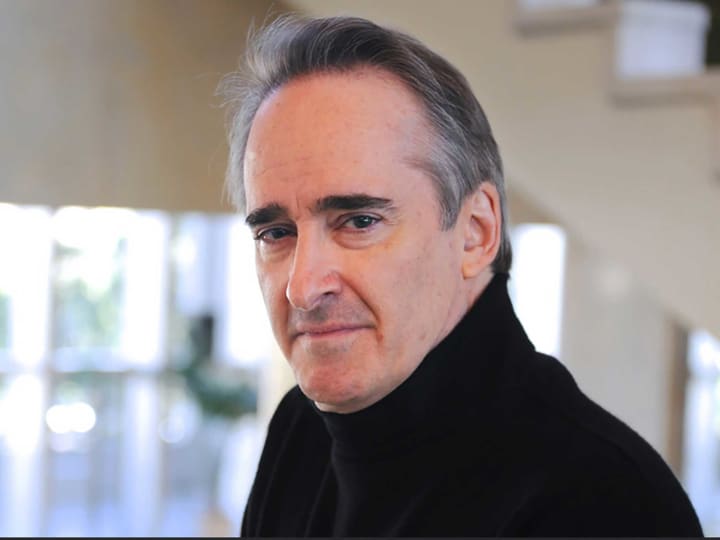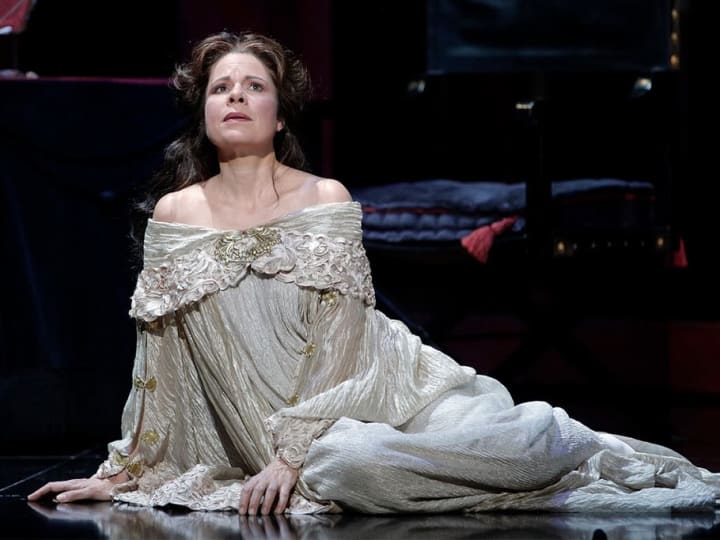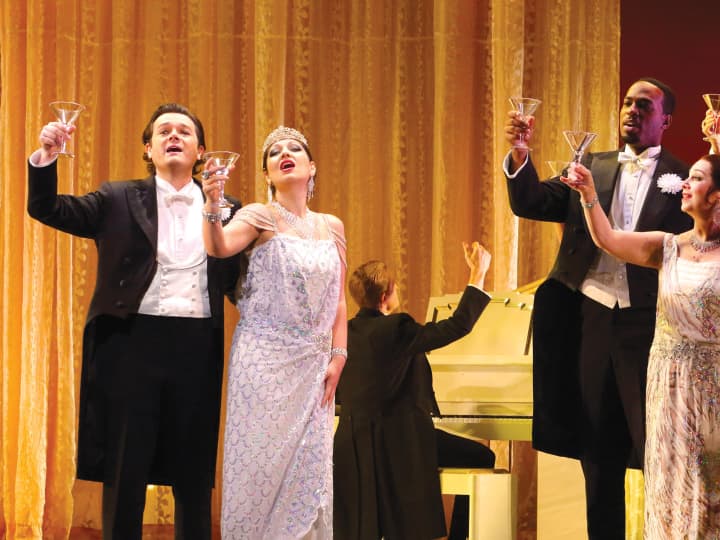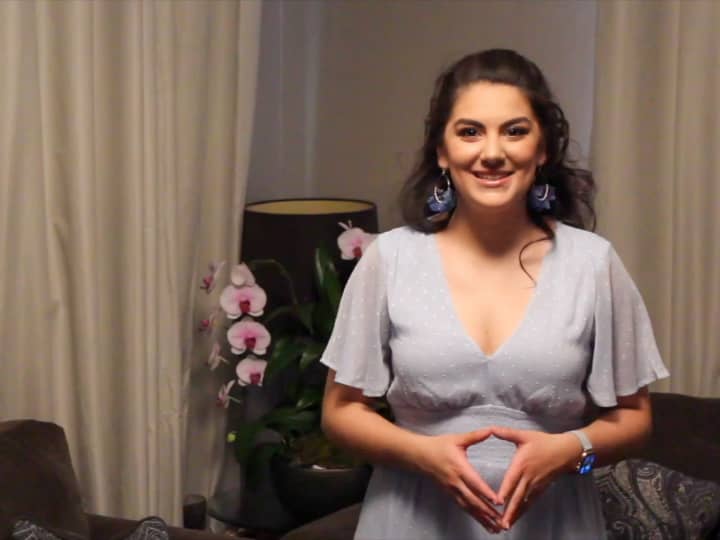The incredibly beautiful songs featured in “Black Love” were composed by prodigiously talented and highly influential composers whose work is far too little known by contemporary audiences, even though some were quite celebrated in their day. It is our hope that music lovers around the world will jump in and explore more of the extraordinary works by those featured in this recital. Here’s a brief introduction to their lives and legacies.
H. Leslie Adams
(b. 1932)
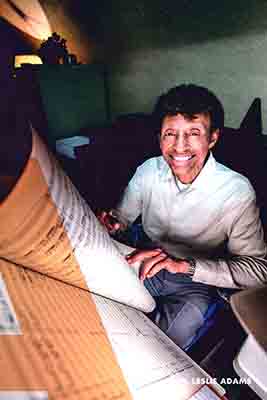
H. Leslie Adams, based in his native city of Cleveland, has described his musical style as "tonal with rhythmic vitality." He has written for full orchestra, chamber orchestra, ballet, solo instrumental works, choral works and opera. His orchestral works have been performed by major American and European orchestras. It is in the repertoire of solo voice composition that he has made his most significant contribution, and his numerous art songs have been sung by leading artists worldwide. (Learn more about him at HLeslieAdams.com)
Click here to watch mezzo-soprano Denyce Graves and pianist Laura Ward perform Adams’ song “Prayer.”
Click here to watch a performance of Adams’ “For You There is No Song,” performed by countertenor Darryl Taylor and pianist Maria Thompson Corley.
Margaret Bonds
(1913-1972)
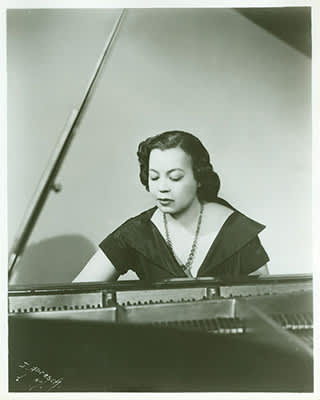
Margaret Bonds was a composer, pianist and teacher who was widely recognized during her lifetime. A Chicago native, she studied piano and composition with Florence Price, the first noted African American female composer to gain national status. In 1933, she performed Price’s Piano Concerto with the Chicago Symphony Orchestra, becoming the first Black woman to perform as a soloist with a major American orchestra. In 1939, Bonds moved to New York and became an important figure in the artistic scene in Harlem. There, she befriended poet Langston Hughes and wrote several vocal works to his verses, including the song cycles Three Dream Portraits and Songs of the Seasons. Best known for her vocal compositions, her musical output includes choral works, orchestral works, piano pieces, popular songs and art songs.
Click here to watch soprano Louise Toppin perform Bonds’ “Stopping by Woods.”
H.T. Burleigh
(1866-1949)
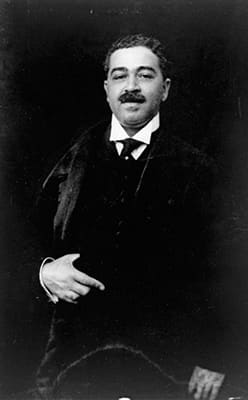
H.T. Burleigh is best known for his arrangements of concert spirituals, but he was also a prodigious composer in his own right, writing 265 vocal works. He is credited with introducing the concept of the spiritual as art song. He studied at the National Conservatory of Music in New York, where he developed a close association and friendship with the great composer Antonín Dvorák, the Conservatory's director. It was Dvorák who encouraged him to preserve the melodies of spirituals and plantation songs, which Burleigh had learned from his grandfather, in his own compositions. He was a prominent vocalist and teacher, as well as an editor for music publisher G. Ricordi. He was a charter member of the American Society of Composers, Authors, and Publishers (ASCAP). The Harry T. Burleigh Society, founded in 2017, supporting performances of his compositions as well as scholarship about his life and legacy.
Click here to hear mezzo-soprano Hilda Harris and pianist Joseph Smith sing five songs composed by Burleigh.
Undine Smith Moore
(1904-1989)
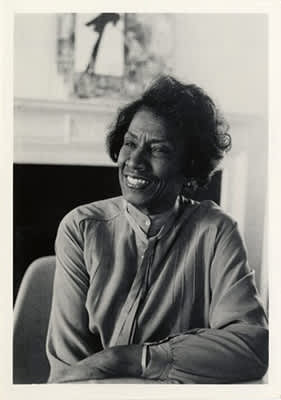
Undine Smith Moore has been called the "Dean of Black Women Composers." She studied at Juilliard and Columbia, and taught at Virginia State University from 1927 until her retirement 45 years later. She wrote more than 100 compositions and is especially known for her choral works. Her largest-scaled work was the 1982 cantata Scenes from the Life of a Martyr, for which she also created the libretto. Composed for chorus, orchestra, three soloists and a narrator, the 40-minute cantata was dedicated to the memory of Martin Luther King, Jr. The cantata premiered at Carnegie Hall in 1981, was nominated for a Pulitzer Prize, and has been performed my several major American symphony orchestras.
Click here to watch a Detroit Symphony Orchestra performance of Scenes from the Life of a Martyr, conducted by Joseph Young and featuring soprano Janice Chandler-Eteme, mezzo-soprano Olivia Johnson, tenor Issachah Savage and narrator George Shirley.
William Grant Still
(1895-1978)
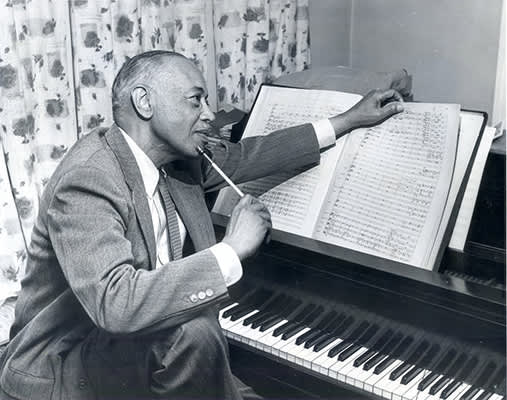
William Grant Still is not just regarded as the "Dean of African American Classical Composers," he is considered one of the most important of all American composers working in the classical tradition. Raised in Arkansas, he studied at the Oberlin Conservatory of Music and at the New England Conservatory. In 1931, he became the first Black composer to have a symphony performed by a major symphony orchestra, when the Rochester Philharmonic Orchestra premiered what remains his best-known work, the Afro-American Symphony (Symphony No. 1). In 1936, he became the first Black conductor to lead a major American symphony orchestra in the United States, conducting a Los Angeles Philharmonic concert featuring his own compositions at the Hollywood Bowl. In 1949, he was the first Black composer to have an opera produced by a major U.S. company, when New York City Opera produced his Troubled Island. Still’s compositions include eight operas, as well as ballets, symphonies, chamber works, choral and solo vocal works. Learn more about his life and work at WilliamGrantStillMusic.com.
Click here to listen to a performance of Still's best-known work, the Afro-American Symphony, performed by Neeme Järvi conducting the Detroit Symphony Orchestra.
Want to hear more of these outstanding composers' music?
Click here to watch "Black Love" on your favorite screen.

